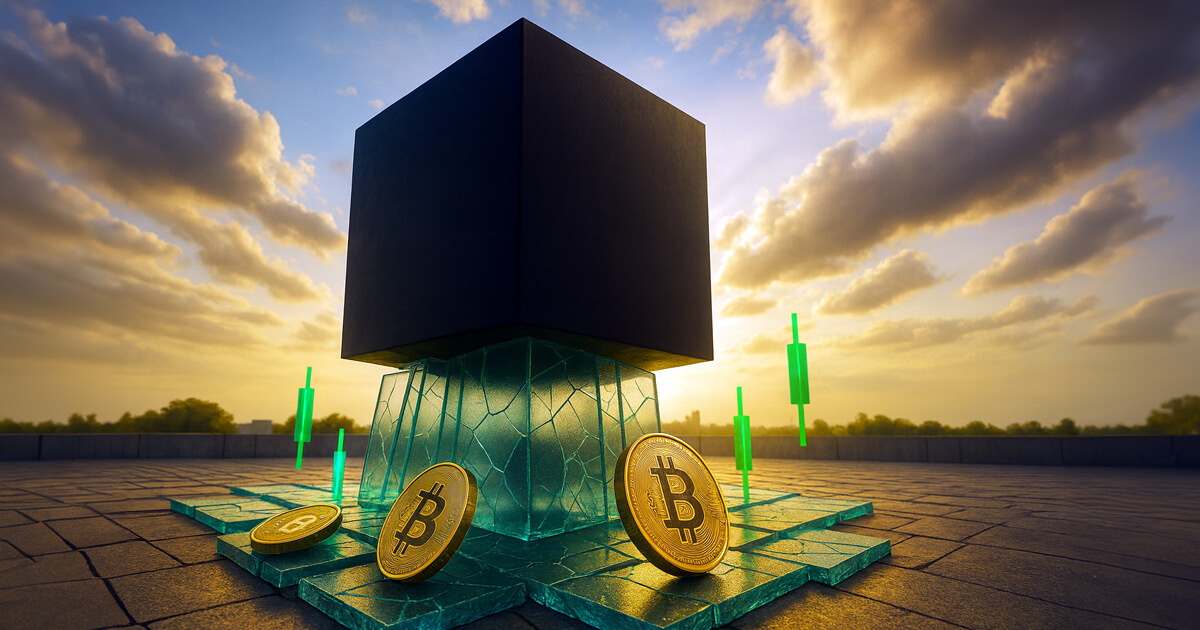Over the past year, Bitcoin’s exchange-traded fund (ETF) boom has been celebrated as proof that Wall Street has finally embraced crypto. Yet the numbers reveal something far more fragile. On Oct. 28, Vetle Lunde, head of research at K33 Research, noted that US-traded Bitcoin ETFs have attracted about $26.9 billion in inflows year-to-date. However, that headline figure hides a stark imbalance that BlackRock’s iShares Bitcoin Trust (IBIT) alone accounts for roughly $28.1 billion of those flows. US Bitcoin ETFs Flows (Source: Vetle Lunde) In other words, Bitcoin ETFs would be in net outflows this year without IBIT. The product’s relentless accumulation has single-handedly offset redemptions across competitors, keeping aggregate inflows positive and sustaining Bitcoin’s narrative of institutional adoption. A market held by one fund Since launching in early 2024, IBIT has dominated every major performance metric in the ETF ecosystem. According to SoSo Value data, it has seen about $65.3 billion in lifetime inflows, compared to $21.3 billion across all other Bitcoin funds combined. US Bitcoin ETFs Metrics (Source: SoSo Value) Meanwhile, Grayscale’s GBTC has suffered roughly $24.6 billion in redemptions, confirming that without IBIT, the aggregate picture would be deeply negative. This effectively means that BlackRock’s IBIT scale stands in a league of its own. The fund drew $37 billion in its debut year and has added another $28 billion so far in 2025, pushing its total assets under management past $90 billion, which is well ahead of any competitor. According to Coinperps data, Bitcoin ETFs collectively hold about 1.3 million BTC, and IBIT accounts for over 60% of that entire stash. US Bitcoin ETF BTC Holdings (Source: Coinperps) Why BlackRock’s IBIT was able to dominate A significant part of IBIT’s growth can be linked to the fact that BlackRock has used its $12.5 trillion AUM, retail brokerage channels, and institutional relationships to channel demand into a single flagship product. The asset manager’s entry into the emerging industry instantly conferred legitimacy on a sector still reeling from the broader crisis of trust. Eric Balchunas, Bloomberg ETF Analyst, said: “When BlackRock filed for IBIT, the price was $30,000 and the stench of FTX was still in air. It’s now [over] $110k (a return that is 7x that of the mighty S&P 500) and is now seen as legitimate for other big investors.” Apart from that, the fund’s recent success can also be linked to how Bitcoin has transformed BlackRock’s investor base. Last year, the firm revealed that three out of four IBIT investors were entirely new to BlackRock’s iShare product suite. This shows that IBIT has become not just a crypto ETF but also a client-acquisition engine for the world’s largest asset manager. Indeed, the asset manager’s custom creation mechanisms have become increasingly popular among large Bitcoin holders, or “whales,” who were once wary of tradition
US spot Bitcoin ETF balances are negative without BlackRock



